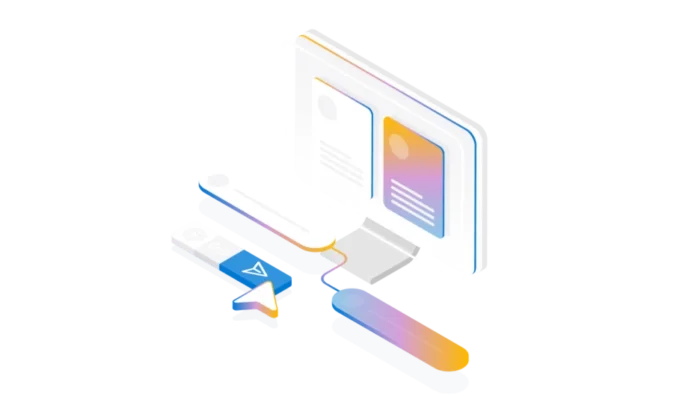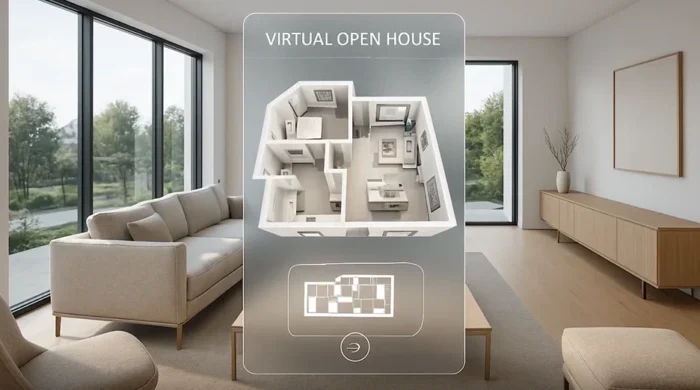GPT-image-1, unveiled on April 23, 2025, is Azure’s latest image-generation model, offering granular instruction handling, clean text rendering, versatile image-input support, and precise inpainting—all at high resolutions. Integrated by leading creative and design platforms, GPT-image-1 empowers educators, designers, game developers, and enterprises to produce photorealistic visuals and targeted edits with just natural-language prompts. In this post, you’ll discover its key features, analyze core capabilities, explore real-world use cases, and follow a clear step-by-step guide to start generating and editing images in Azure AI Foundry.
Introduction
Have you ever wanted to transform a simple text prompt into a vibrant image, seamlessly edit an existing photo, or add crisp lettering to a graphic without manual design tools? GPT-image-1 makes that possible by building on advances in generative AI. In the next sections, you’ll learn:
How GPT-image-1 raises the bar for text-to-image, image-to-image, and inpainting
Which features deliver the greatest creative control
Practical projects—from educational illustrations to marketing assets—that benefit most
A step-by-step walkthrough to integrate GPT-image-1 into your Azure workflow
By the end, you’ll be ready to harness GPT-image-1 for your next creative or enterprise project.

Key Features of GPT-image-1
Granular Instruction Response
Executes detailed prompts with high fidelity, ensuring each element—from color schemes to object placement—is rendered exactly as described.Reliable Text Rendering
Produces legible, artifact-free text within images, ideal for diagrams, storybooks, or UI mockups.Image Input Support
Accepts user uploads to generate new variations or edits, enabling a two-way flow between text and image.Precise Inpainting
Lets you draw a bounding box around any region and describe the change—whether it’s removing an object, altering colors, or swapping text.High-Resolution Outputs
Offers output sizes up to 1535×1024 pixels for crisp, print-quality visuals.
Analyzing Core Capabilities
Text-to-Image Generation
Generate brand-new images from descriptive prompts. Whether you need concept art, marketing visuals, or educational diagrams, GPT-image-1 delivers high-quality results at speed.
Image-to-Image Editing
Upload a base photo—like a product shot or scenery—and instruct the model to modify style, lighting, or composition, bypassing manual edits.
Inpainting and Text Transformation
Select any region with a bounding box and use plain language to replace or augment content, such as updating a billboard slogan or editing a book cover title.
Practical Use Cases
Educational Illustrations
Quickly produce thematic artwork and diagrams for lesson plans or e-learning modules, ensuring visual consistency across materials.Children’s Storybooks
Create cohesive, engaging artwork and overlay text captions to bring narratives to life without hiring an illustrator.Indie Game Assets
Rapidly prototype character sprites, backgrounds, and UI elements by feeding reference art and design guidelines into the model.UI/UX Mockups
Generate photorealistic interface screens complete with buttons and text, then import directly into design files for rapid iteration.Marketing Campaigns
Craft eye-catching ad creatives and social media visuals in minutes, experimenting with different styles and messaging through simple prompts.
 How To Create Breathtaking AI Images: A Guide to Art Terminology
How To Create Breathtaking AI Images: A Guide to Art Terminology
“How to Create Breathtaking AI Images: A Guide to Art Terminology” is a comprehensive guide to using artificial intelligence (AI) to create visually stunning art. The book covers a wide range of topics, including color theory, lighting, and texture, as well as the different mediums and techniques used by artists. It also explores the various styles and genres of art, from classical to contemporary, and how to use them to create unique and expressive works. With clear explanations and plenty of prompt engineering examples, this booklet is an invaluable resource for anyone looking to improve their artistic skills and knowledge. Whether you are a beginner or an experienced artist, this book will inspire and enhance your creative journey.
Step-by-Step Guide to Using GPT-image-1
Access Azure AI Foundry
Sign in to the Azure AI Foundry portal and open the Image Playground in Azure AI Studio.Select the Model
Choose “GPT-image-1” from the model dropdown to enable advanced image-generation features.Enter Prompts or Upload Images
For new images, type a descriptive prompt (e.g., “A serene mountain lake at sunrise”).
For edits, upload your image, draw a bounding box around the target area, and describe the change.
Adjust Quality Settings
Balance speed versus detail by selecting low, medium, or high quality, depending on your project needs.Review and Export
Inspect outputs, refine prompts or boxes as needed, then export final images as PNG or JPEG for downstream use.
Pro Tip: Mix literal descriptions with artistic keywords (e.g., “oil painting style”) to discover unique visual styles.

Integrations and Ecosystem
Design Tools
Native plugins for platforms like Figma and Adobe Firefly let you generate and edit images without leaving your design workspace.Developer APIs
Embed GPT-image-1 into applications via REST endpoints, with usage billed on a token-based model for text and image operations.Safety & Traceability
Built-in moderation filters and metadata tagging ensure responsible usage and provenance tracking.Unified AI Platform
GPT-image-1 is part of Azure AI Foundry’s suite—alongside AI Agents and Machine Learning—providing a seamless path from prototyping to production.
Manually writing, formatting, and uploading content can drain hours from your week. Let’s learn how to create AI-Generated posts in WordPress using an AI Agent and publish automatically.
Conclusion
GPT-image-1 sets a new benchmark for AI-driven image creation, combining granular instruction handling, clean text rendering, flexible image-input support, and precise inpainting under Azure’s enterprise-grade platform. Whether you’re an educator, designer, game developer, or enterprise innovator, GPT-image-1 equips you to produce stunning visuals faster and more intuitively than ever before. Ready to transform your creative workflow? Jump into Azure AI Foundry, experiment with GPT-image-1, and share your results with the community. What will you create next?
Now loading...






